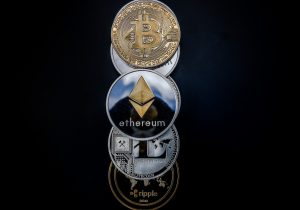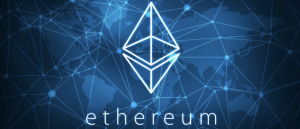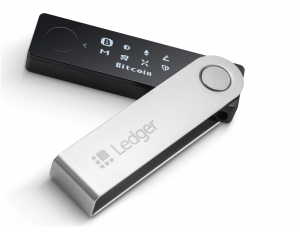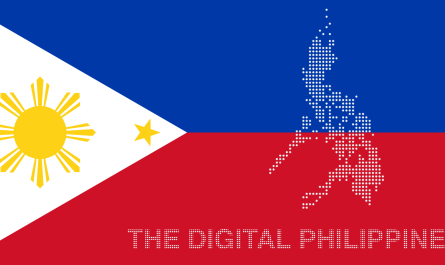Many people think of blockchain as the technology that powers Bitcoin while this was its original purpose. But blockchain is capable of so much more despite the sound of the word there’s not just one blockchain is shorthand for a whole suite of the distributed ledger. Technology that can be programmed to record and track anything of value from financial transactions to medical records or even land. There is no need to say that all systems are going to be replaced by Blockchain technologies. Blockchain technology is revolutionizing the way the world’s legal and economic systems operate. It’s taking the world by storm and, while the technology is rapidly growing, so is the vocabulary surrounding it. It can be difficult to keep up.
My Blockchain glossary is the perfect guide to help you understand this emerging technology.
51% attack, A theoretical situation where a single miner or group of miners controls more than half of the network computing power and decides to use this power to their advantage. The attacker can double-spend his money meaning he can pay with the same Bitcoin twice or even more. The attacker will also be able to prevent transactions from being confirmed and prevent other miners from generating new Bitcoins.
Altcoin, the general name was given to cryptocurrencies other than Bitcoin. For example, Litecoin, Ethereum Classic, Dash, etc.
ABI (Application Binary Interface), An interface between two binary program modules, often one program is a library and the other is being run by a user.

Bitcoin, the first, most popular, and expensive cryptocurrency, based on the decentralized ledger of a blockchain 2009. Since then, numerous cryptocurrencies have been created.
- Blockchain 1.0, Bitcoin was the first of the this generation
- Blockchain 2.0, Ethereum was the first of the this generation
- Blockchain 3.0, two promising projects SkyCoin and EOSIO
Block explorer, A software, generally with a graphical user interface, allows users to read and analyze the data contained on a blockchain.
Block, A package of data containing multiple transactions over a given period.
Blockchain network, A group of peers that validate transactions through a consensus protocol before committing them to a shared ledger. It provides necessary information for a user, entirely or node to connect a blockchain business network.
Coin, Representation of a digital asset built on a blockchain platform.

Cryptocurrency, a digital currency in which encryption techniques are used to regulate the generation of units of currency and verify the transfer of funds, operating independently of a central bank.
Decentralized, Concept of shared network, type of software program designed to exist on the Internet in a way that is not controlled by any single entity, Decentralization in Blockchain
Distributed Ledger, (Shared ledger) A database held, updated and synchronized digital data geographically spread across multiple countries and institutions, independently by each participant in a large network.

Ethereum, (Ether) is an open-source, public, blockchain-based distributed computing platform and operating system featuring smart contract functionality.
Hyperledger, started by the Linux Foundation, an open-source collaboration effort. Hyperledger initiative has over 100 members, including IBM, Samsung, Deutsche Borse, American Express…
Hash, a digital fingerprint of the data, allowing it to be locked in place within the blockchain.
Mining, the process by which transactions are verified and added to the blockchain. It requires computing power and electricity to solve puzzles.
Mining pools, are a collection of Bitcoin and other cryptocurrency miners that are literally pooling their miners and thus hash rate together to receive more consistent mined coins and earnings.
Nonce, an essential part of the blocks processed in proof, is a small piece of data in the block that can be changed randomly and repeatedly all the time so miners can keep hashing the data of the entire block.
The private key, a unique string of data that represents proof of identification within the blockchain, including the right to access and own that participant’s wallet within a cryptocurrency. It must be kept secret it is effectively a personal password.
The Public Key, the public key is your wallet address and is needed by other entities to send you messages or transactions.
Peer to Peer, P2P, participants deals directly with each other throughout a computer network in which each computer can act as a server for the others.
A whitepaper is an in-depth paper on a specific topic that presents a problem and provides a possible solution. New blockchain ideas are often presented in the form of a whitepaper.
Oracles, data transformers, and transmitters converting the real-world data into data for blockchain.
Wallet, similar to the real wallet, the place to allocate cryptocurrency in the blockchain.
A hot wallet, the hot wallet is an online wallet. We often refer to an exchange wallet that is online because funds need to be quickly available and transferable to users, buyers, and sellers. When a wallet is online, connected to the internet, its data is more vulnerable to hackers and/or malicious entities.
Cold wallet, cold wallet, on the contrary, is an offline wallet. It is not connected to the internet and so its data is irretrievable by any hacker or malicious entity. Examples of a cold wallet are a Nano Ledger (USB) or simply a hardcopy wallet (Piece of paper with QR code and private key on it).

In the following post, you can read all about Bitcoin as well as its movement during COVID-19.
Stay tuned for more knowledge coming soon.
Bibliography:
Blockchain Distributed Ledger Working Group Glossary, (2016) Cloud Security Alliance, from,https://downloads.cloudsecurityalliance.org/assets/research/blockchain/blockchain-distributed-ledger-glossary.pdf
https://blog.goodaudience.com/blockchain-terminology-d903758d6bd
https://blockchaintrainingalliance.com/pages/glossary-of-blockchain-terms




This is such a helpful guide for bitcoin newbies like me!